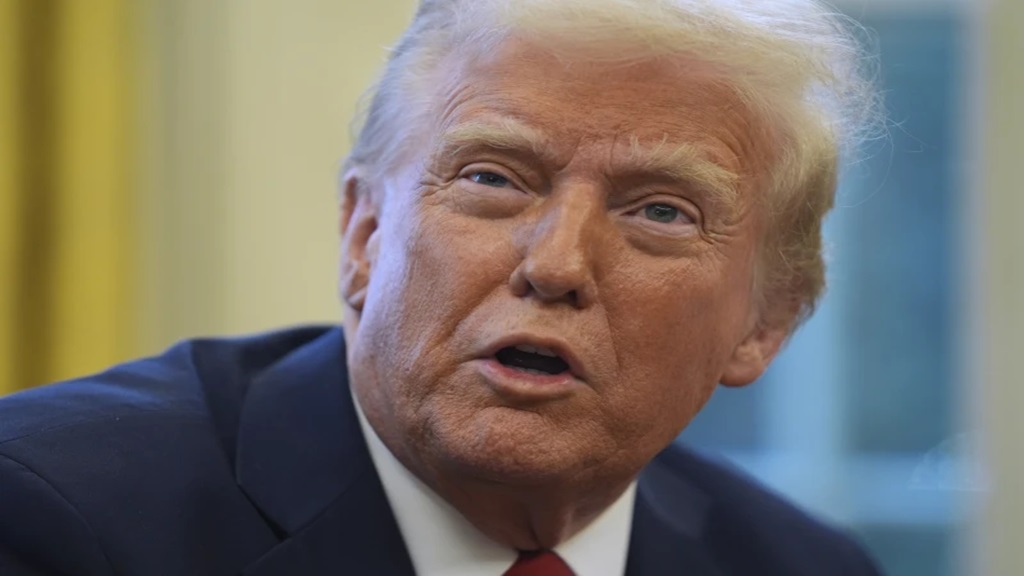On 24 February, Russia launched an invasion of Ukraine that shocked and horrified the world. Just a day later, Maverick Life published our weekly podcast review featuring some shows that put the war into context. Two weeks later, the violence continues, and the ripple effects are also starting to be felt across the world. While other nations have been hesitant to get directly involved, the worldwide consequences of war are being seen.
“The economic impact of the conflict will be felt around the world, including in many developing countries,” writes Jayati Ghosh.
But with so much information flying around, it can be difficult to make sense of how the war in Ukraine is playing out, and what it means for ordinary South Africans.
President Ramaphosa even had a phone call with Putin, and later thanked the Russian president on Twitter for taking his call, “so I could gain a better understanding of the situation that is unfolding between Russia and Ukraine.” (Though the word “situation” does not quite sum up Russia’s invasion and is cautiously vague as Ramaphosa shies away from using the word “war”.)
While we may too want a phone call to ask what on earth Putin is doing, we don’t all have a direct line. Instead, Maverick Life has selected three podcasts to give you a “better understanding” of the war and how it affects the world.
Of oligarchs, oil and rubles – Planet Money
- Format: Podcast episode
- Year: Since 2022
- Listen on: Spotify, Apple Podcasts and more.
NPR’s Planet Money podcast is a good place to start for a show on finance on the world’s stage, but this particular episode is particularly fascinating because of its guest, Sergei Guriev.
Guriev is an economist who is now a professor at the Instituts d’études politiques (SciencesPo) in Paris, and was previously the chief economist at the European Bank for Reconstruction and Development.
In the episode, he recounts the conversations he has had with his family back in Russia, and how he, as both an economist and a son, advised his parents to prepare for the possibility of war and the subsequent sanctions.
Guriev also explains how the sanctions are going to affect ordinary Russians, why targeting oligarchs may put pressure on Putin to end the war and why there is so much talk of oil and gas.
Guriev’s show is educational and informative, but his perspective as a Russian living abroad gives a deeper, more personal layer to the conversation, adding depth to the episode and making for an interesting listen.
Is the doctrine of nuclear deterrence still relevant? – The Foreign Desk
- Format: Podcast episode
- Year: Since 2022
- Listen on: The Monocle website
“It is pretty weird when you pause to think about it, that of the 7.9 billion people presently alive, there are maybe half a dozen or so who could pick up a phone and pretty much ruin everything for the rest of us,” podcast host Andrew Mueller begins by saying.
In this episode, Mueller speaks to Tom Nichols, who specialises in US – Russia relations, historian Margaret MacMillan and military and security expert Dana Struckman on how nuclear procedures work, whether there is a “big red button” that could destroy the world and how deterrence needs to play out.
Nichols believes that a major problem the world is facing today is that people are seeing nuclear weapons as “usable”, instead of something countries have but will never use. With talks of Russia’s nuclear power, the thought that these weapons are even a consideration is terrifying.
The episode was released in January, weeks before the Ukraine crisis, but it is chilling to listen to these three guests discuss nuclear weapons, considering how quickly things have changed. It also provides a good insight into nuclear warfare outside of the Russia, Ukraine conversation, and is fascinating to then apply to the world today.
How surging oil prices will further increase inflation – The Money Show
- Format: Podcast episode
- Year: Since 2022
- Listen on: The 702
The Money Show is a must-listen for the South African interested in finance and the economy.
This particular episode discusses the oil price increase and how that will play out in South Africa and its citizens. Featuring Hugo Pienaar, Chief economist at Bureau for Economic Research at Stellenbosch University, host Bruce Whitfield explains what the price surge means for inflation and how sanctions on Russia may affect South Africa too.
“This is a crisis of the Russian President’s own making… he has made this bed and now the rest of us must sleep in it,” Whitefield aptly says.
Pienaar explains how the rise in oil prices may lead to food and fuel costs going up, but also how the crisis could lead to “stagflation”, where inflation is high, economic growth is slow and unemployment rises.
Pienaar is good at breaking these complexities down, and Whitfield asks the questions that many of us are asking, making for an informative podcast that places the crisis in a South African context, even for the listener who may know less about finance. DM/ML
![]()
Note: This article have been indexed to our site. We do not claim legitimacy, ownership or copyright of any of the content above. To see the article at original source Click Here












